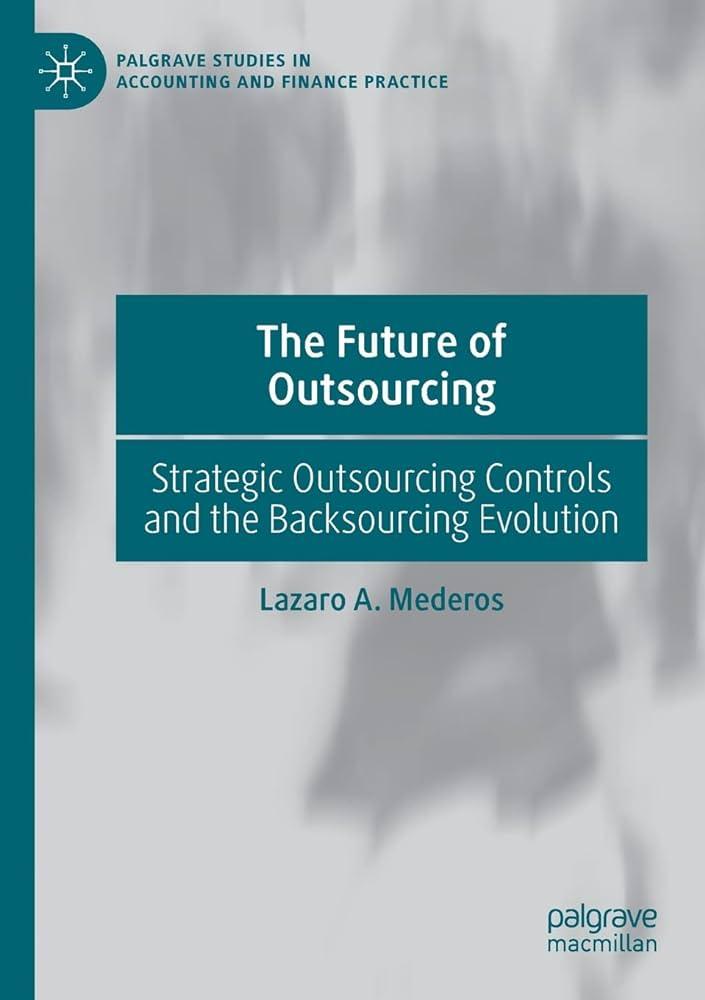In a world where outsourcing has become the norm for companies looking to streamline operations and cut costs, a new trend has emerged – backsourcing. Specifically in the realm of logistics, transport, and shipping, companies are beginning to bring these vital aspects of their business back in-house. This article explores the reasons behind the backsourcing movement and the potential benefits and challenges it presents.
Maximizing Efficiency through Backsourcing Logistics
In today’s fast-paced global business environment, maximizing efficiency in logistics is crucial for companies looking to stay competitive. Backsourcing logistics is a strategic approach that allows businesses to streamline their transportation and shipping processes, ultimately leading to cost savings and improved operational performance. By bringing logistics operations back in-house, companies can regain control over their supply chain management and optimize their transportation networks.
One of the key benefits of backsourcing logistics is the ability to customize shipping solutions to meet specific business needs. Whether it’s implementing just-in-time delivery strategies, optimizing load capacity, or improving route planning, companies can fine-tune their transportation operations for maximum efficiency. By leveraging in-house transportation resources and expertise, businesses can reduce dependency on third-party logistics providers and gain greater flexibility in responding to changing market conditions. In an increasingly complex and demanding business landscape, backsourcing logistics offers a pathway to sustainable growth and enhanced operational efficiency.

Advantages of Backsourcing in the Transport Industry
Backsourcing in the transport industry offers numerous advantages for companies looking to improve their logistics operations. One key benefit is increased control over the supply chain, allowing businesses to directly manage and optimize their transportation processes. This can lead to better cost management, improved efficiency, and enhanced overall performance.
Additionally, backsourcing can help companies maintain better communication and collaboration with their transportation partners. By bringing transport operations back in-house, organizations can more easily align strategies, set clear goals, and ensure that all stakeholders are working towards the same objectives. This can result in smoother operations, reduced risks, and better overall outcomes for the business.

Enhancing Shipping Operations with Backsourcing Strategies
When looking to enhance shipping operations, one strategy that is often overlooked is backsourcing. By bringing outsourced logistics functions back in-house, companies can gain greater control over their supply chain and improve overall efficiency. Backsourcing allows businesses to closely monitor and manage all aspects of their shipping operations, leading to enhanced transparency and increased flexibility.
With backsourcing, companies can optimize their shipping processes by leveraging their internal resources and expertise. By aligning logistics with their core business objectives, organizations can streamline their operations and reduce costs. This approach also enables businesses to better adapt to changing market conditions and customer demands, ultimately leading to improved customer satisfaction and loyalty.

Key Recommendations for Successful Backsourcing Implementation
When it comes to implementing backsourcing in the logistics, transport, and shipping industry, there are several key recommendations that can help ensure a successful transition. One of the most important tips is to thoroughly evaluate your current outsourcing agreements to identify any areas that are not meeting your needs or expectations. This evaluation will help you determine which tasks should be brought back in-house and which ones can continue to be outsourced.
Another crucial recommendation is to communicate openly and regularly with your outsourcing partners throughout the backsourcing process. Keeping the lines of communication open will help prevent misunderstandings and ensure that both parties are on the same page. Additionally, provide appropriate training and support to your internal team as they take on new responsibilities to ensure a smooth transition.
In Conclusion
In conclusion, backsourcing in logistics, transport, and shipping can offer businesses a strategic advantage in today’s rapidly evolving global marketplace. By bringing key operations back in-house, companies can regain control over quality, reliability, and responsiveness, while also fostering innovation and fostering closer relationships with customers and suppliers. As companies continue to navigate the complexities of supply chain management, backsourcing may prove to be a valuable tool for achieving long-term success. So, whether you’re considering bringing logistics operations back in-house or simply looking to optimize your supply chain, backsourcing is definitely a trend worth exploring.
